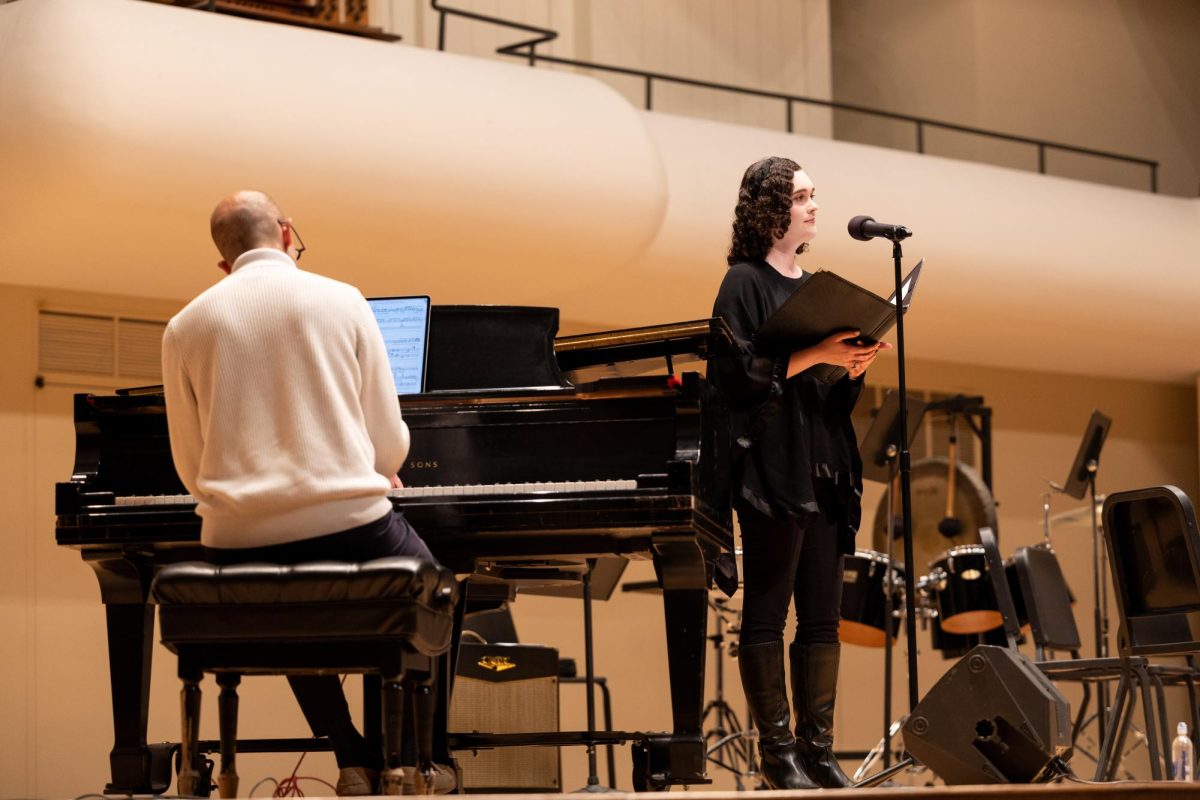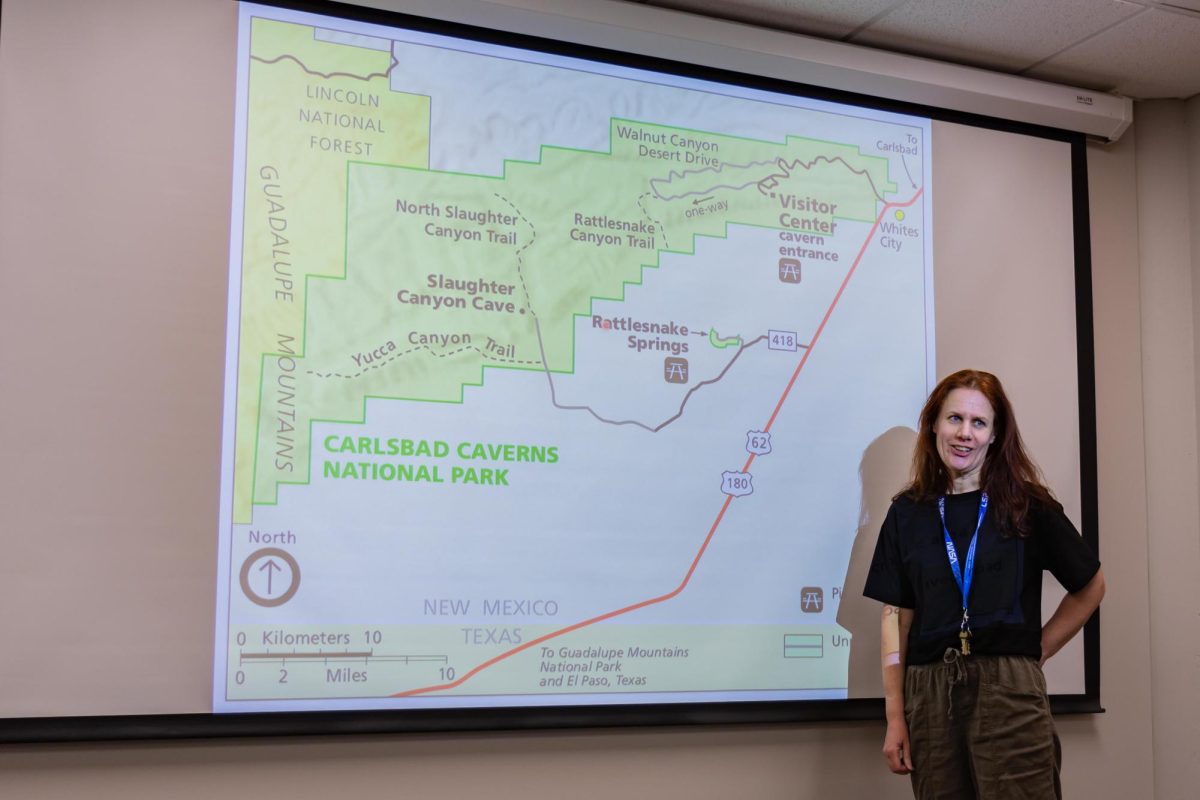Once upon a time, long ago, people knew how to rest. They returned from school or their job and relaxed. Their schedules weren’t filled to the brim, and they were okay with that. Now, it seems as though people strive towards perpetual busyness. Being hurried and always on the go is sexy.
Thanks to widespread technology, people can respond to their friends, edit documents and participate in conference calls while walking to grab lunch or as they sit stuck in traffic. The pragmatists couldn’t be happier. Americans have overcome idleness and even free time falls prey to efficiency.
Terms once associated with paid labor now describe Americans’ personal lives. A good day is one that is productive, fruitful and efficient. The more check marks placed on the to-do list, the better.
The constant doers ignore an old truth — sometimes less is more.
Instead, we’ve chosen to dine at the all-you-can-squeeze-onto-your-plate buffet of time. Every moment must be utilized. We hate wasting time so greatly that we’ve developed intolerance for slowness, an inability to wait and a fidgety anxiety that prevents soaking in an experience.
Think of all the improvements Americans rely on so they can squeeze a few more minutes out of every day. DVR—because we can’t stand to endure the length of TV commercials. Predictive type — because spelling out entire words is too strenuous. Fast passes at theme parks — because waiting in line for a ride is unbearable. Ordering take out and delivery online — because calling in an order takes too much time. It’s more than a compulsion towards chronic scheduling; it’s a pervasive mentality that values efficiency and time maximization in all areas of life.
This mindset creates multitasking addicts with no free time. They race from one activity to the next without ever stopping to soak in what they were just doing. Everything is urgent and requires immediate attention.
A buzzing notification from your cell phone interrupts a conversation with friends. “Sorry, I just…,” you mutter while fingers punch away. Soon, leisure time resembles work. You answer as many questions, respond to as many problems and accomplish as many tasks while ‘resting’ as you did at the office. Maybe we can get more done than previous generations, but how much of it will we remember? How much of it is significant?
Developing memories, processing events and experiencing life requires rest, pauses and time to sit and be still. Efficiency may be something to praise in an assembly line, but in real life, efficiency devastates. It mechanizes life. It denies humanity of its humanness as it discourages people to allot time for the act of living. If maximizing each moment reigns supreme, think of the things that will be abandoned. Generosity, kindness, empathy, understanding and meditation — none are efficient, but aren’t they worthwhile?
If humans lose their ability to experience deeply, to relate on a level that ignores time’s passing, to forget about the calls they could be making or emails they could be checking, then they lose much of their humanness. Can you mourn the loss of a loved one, celebrate the birth of a child, enjoy a day spent pleasure reading or hanging out with friends efficiently?








